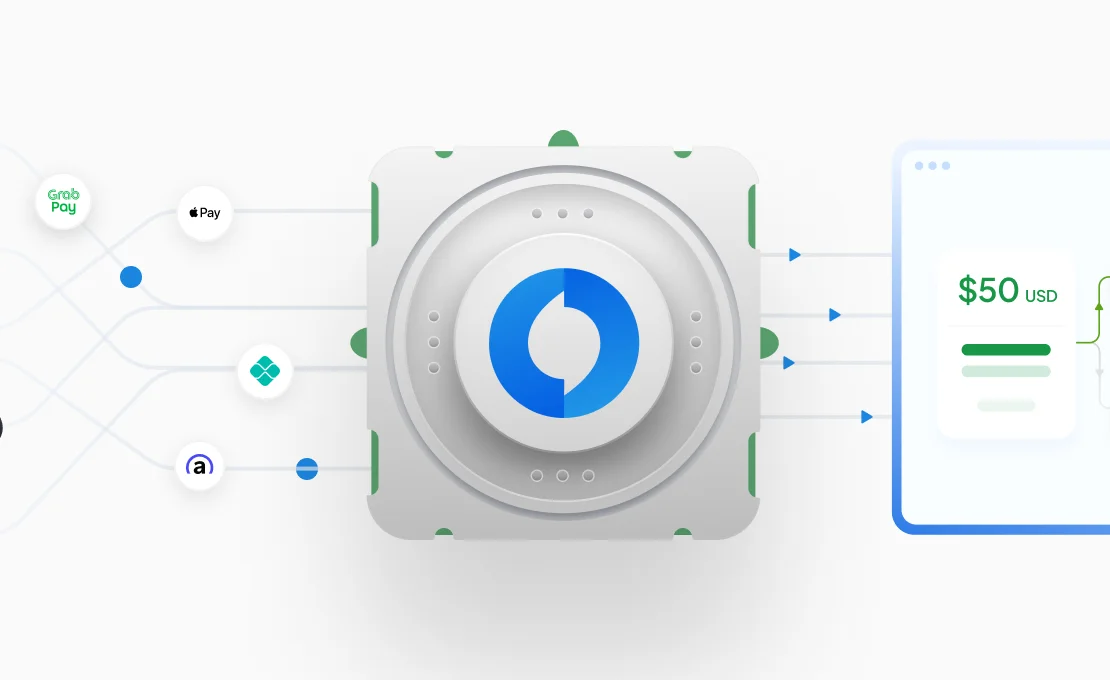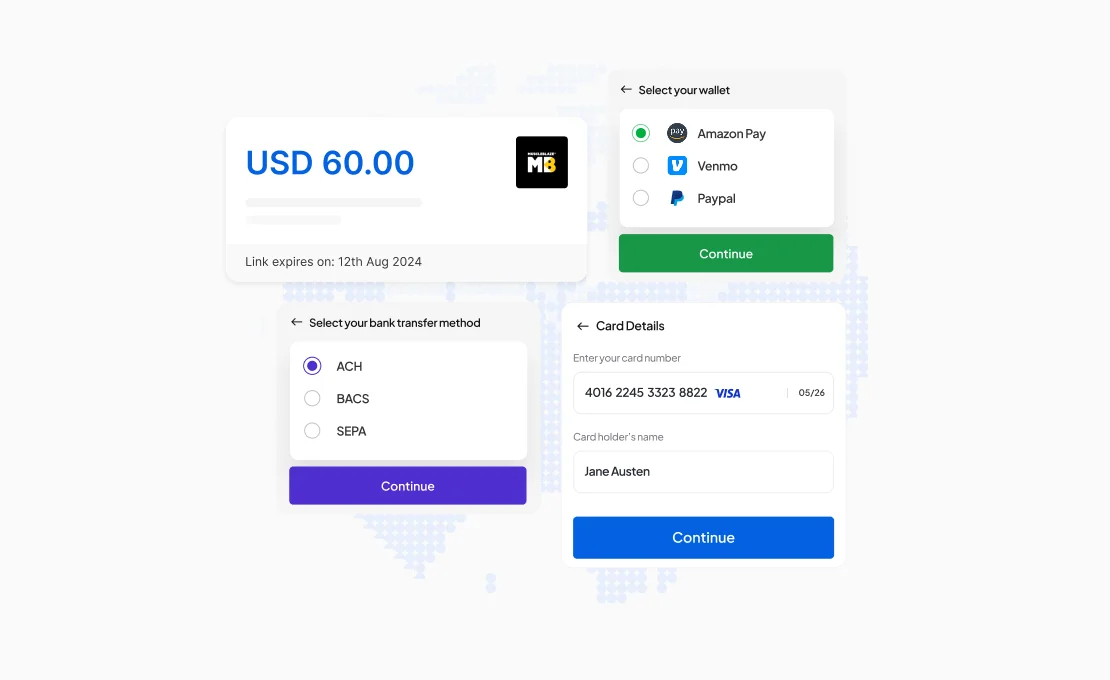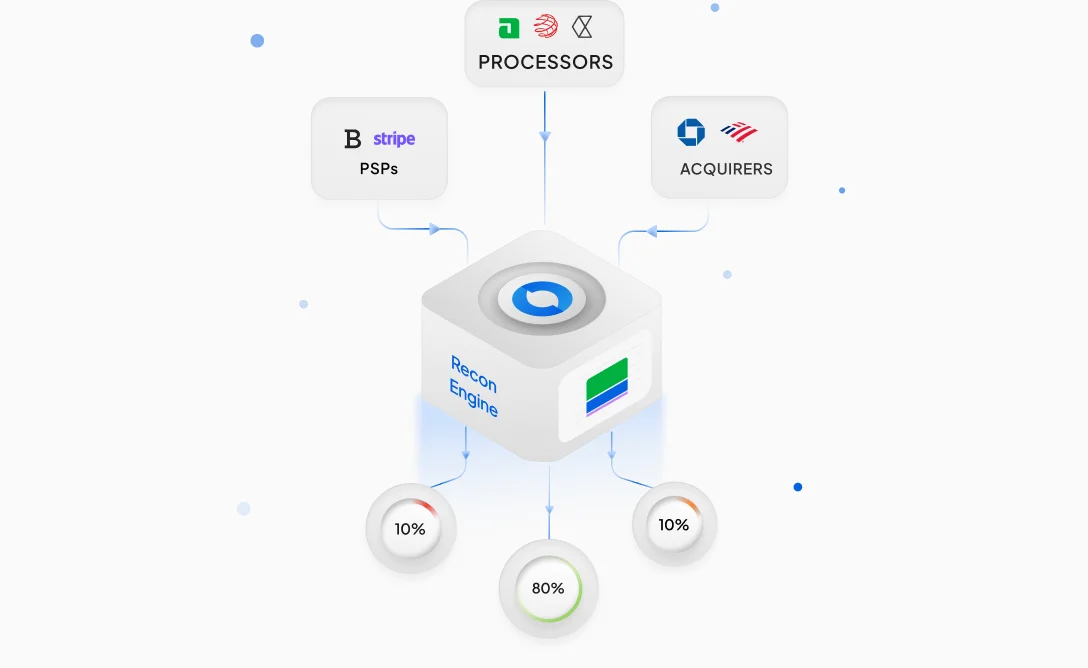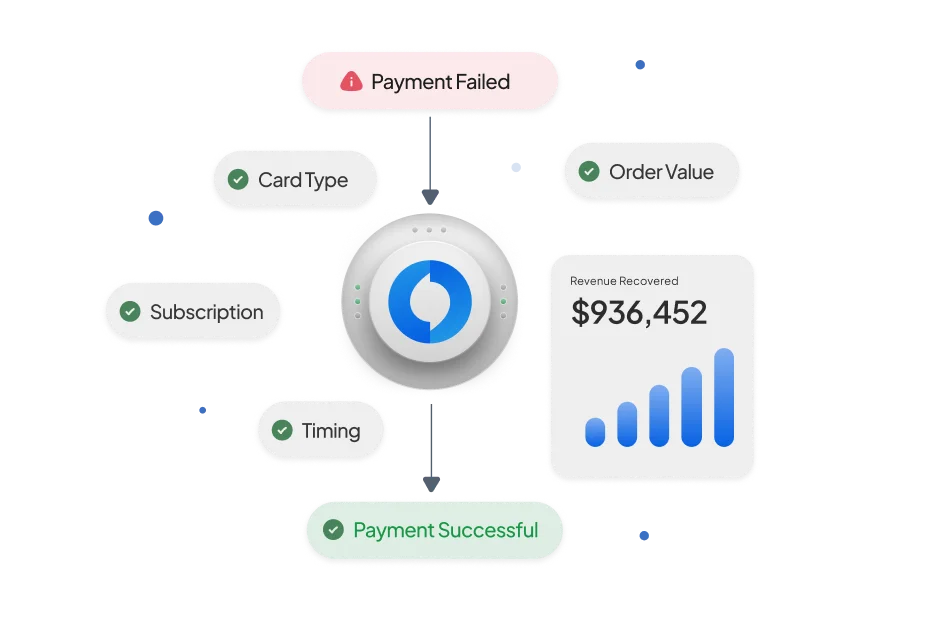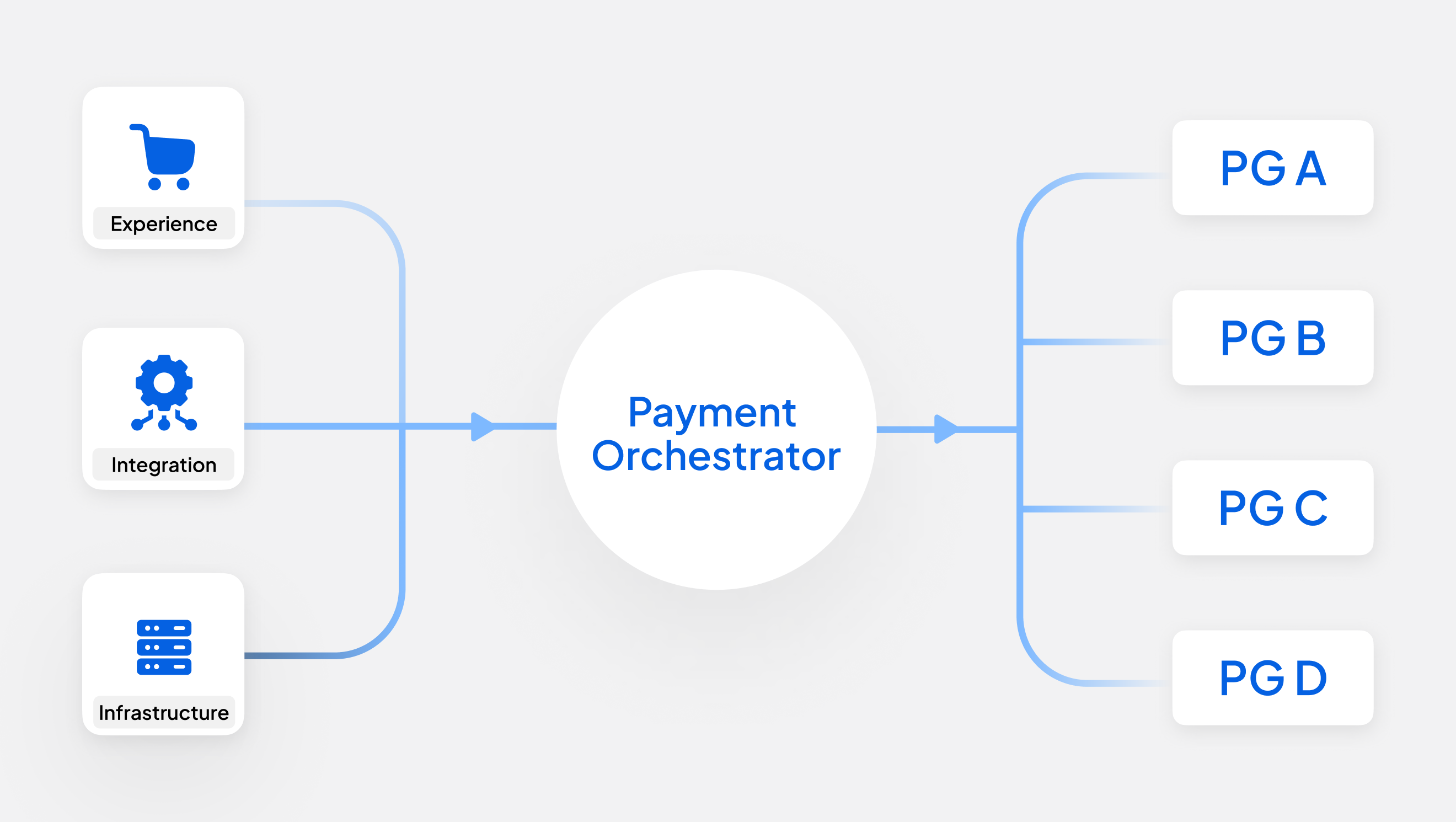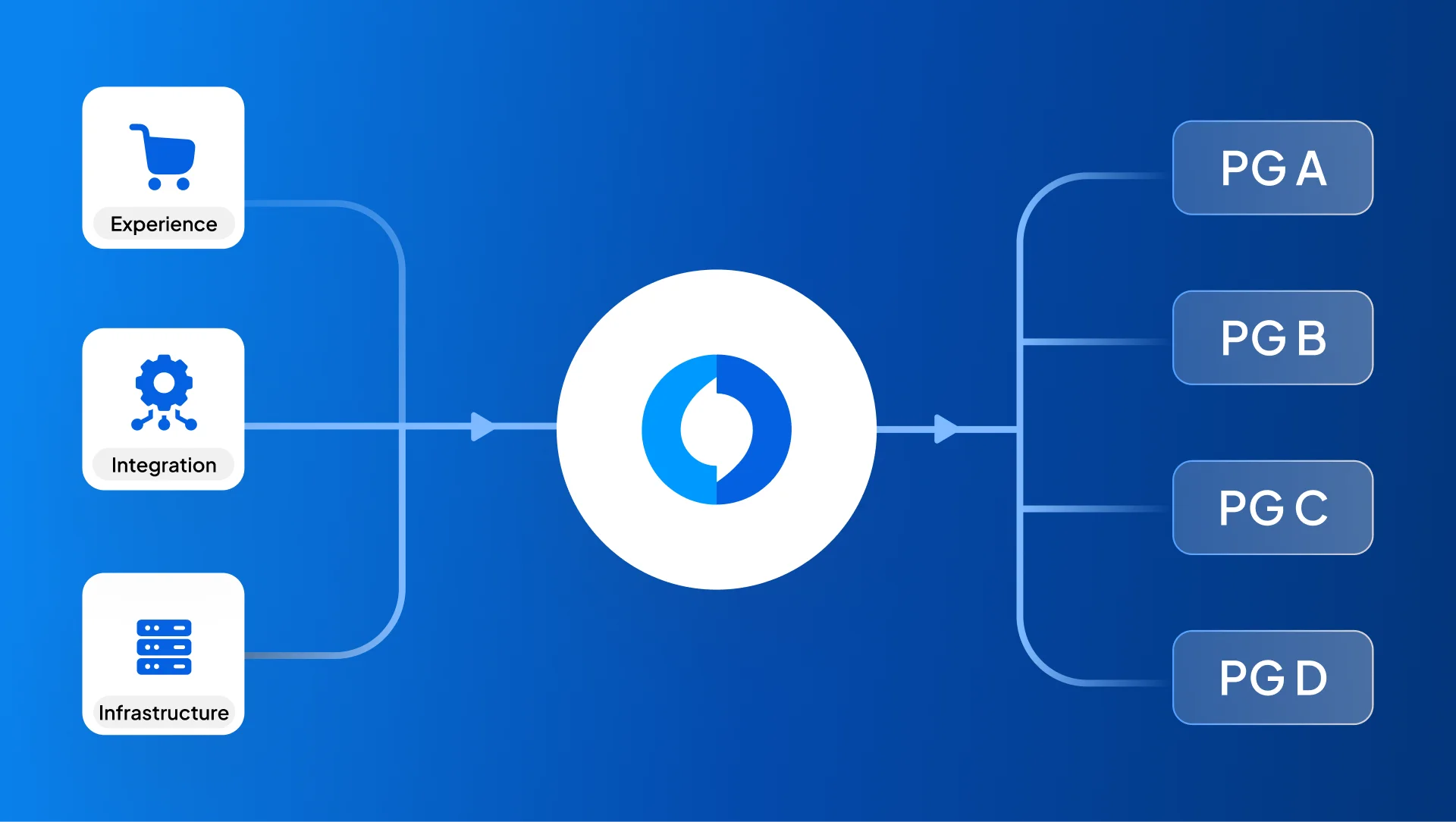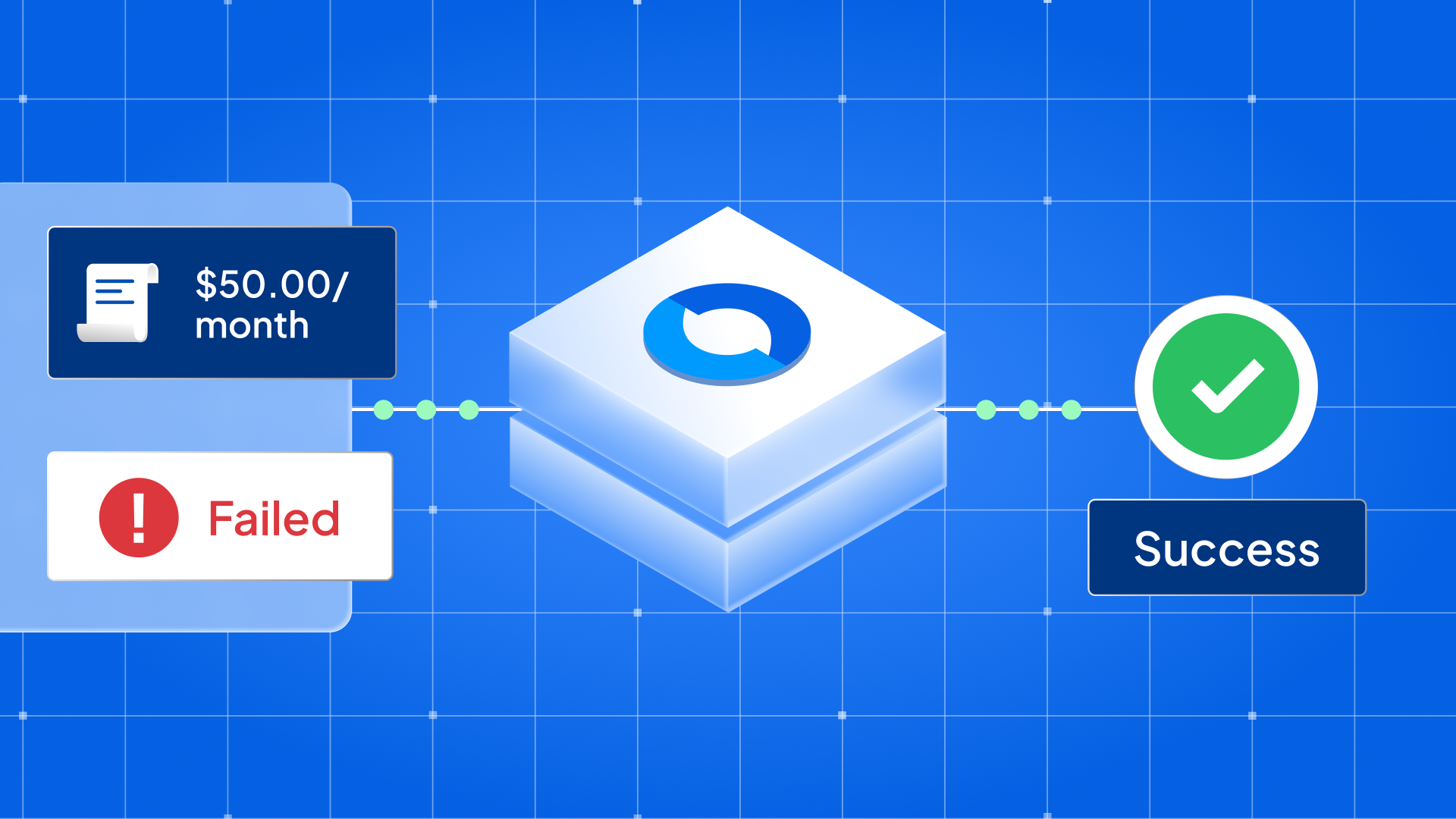Card tokenization has emerged as a critical technology for securing sensitive cardholder data in the world of digital payments. However, like any system, it’s not immune to failures. Card tokenization failures can disrupt transactions, compromise data security, and negatively impact businesses. This article not just tells you the causes of these failures, but also explores practical tokenization failure solutions to mitigate them. By understanding and addressing these issues proactively, businesses can ensure smooth and secure payment experiences for their customers.
How Card Tokenization Failures Are Defined?
Card tokenization is a security process that replaces sensitive card data, such as the primary account number (PAN), with a unique, randomly generated token. This token, which holds no intrinsic value, is then used for processing payments, reducing the risk of exposing cardholder data in case of a security breach.
However, card tokenization is not foolproof, and failures can occur. A card tokenization failure is defined as any instance where the process of replacing sensitive card data with a token is unsuccessful. This can happen due to a variety of reasons, both technical and non-technical. Technical issues, such as network errors, system downtimes, or problems with the tokenization service provider, can all contribute to tokenization failures.
Non-technical issues, such as inaccurate or mismatched card data, non-compliance with security protocols like PCI DSS, invalid or expired cards, or even duplicate card entries, can also cause tokenization failures. When a card tokenization failure occurs, the transaction is typically aborted, and the customer may be prompted to re-enter their card information or choose a different payment method.
What Tokenization Failures Mean for Businesses?
Card tokenization failures can really hurt businesses. It can cause a lot of problems that go beyond just one transaction. If customers do not attempt the transaction with an alternative payment method, tokenization failures could result in a lost sale. This doesn’t just mean the company loses revenue right away, but it also frustrates customers enough to drive them away. If it keeps happening, customers might stop trusting the company, which could lead to more abandoned purchases and a bad reputation in the long run.
Furthermore, tokenization failures can increase operational costs, as businesses may need to allocate additional resources to investigate and resolve these issues. This involves time and effort spent on troubleshooting, customer support interactions, and potential chargebacks or refunds. For businesses with high transaction volumes, the cumulative impact of these failures can be substantial.
The financial implications of tokenization failures can be especially severe for businesses that rely heavily on online transactions. Lost sales can directly impact revenue, while the costs associated with customer support and dispute resolution can further strain the company’s finances. In a competitive market, where customer loyalty is paramount, even a small number of tokenization failures can have a ripple effect, leading to lost business opportunities and decreased profitability.
Therefore, businesses must prioritize understanding and preventing card tokenization failures to protect their bottom line and maintain customer loyalty. By investing in robust tokenization failure solutions, implementing proactive monitoring and alerting mechanisms, and addressing any underlying issues promptly, businesses can minimize the impact of tokenization failures and ensure a smooth and secure payment experience for their customers.
Understanding Why Tokenization Failures Occur
Tokenization failures can stem from a variety of technical and operational issues. Network and system challenges, such as unstable connections or gateway downtimes, can disrupt the tokenization process. These issues are often beyond the control of businesses but can be mitigated through redundant systems and failover mechanisms.
Inaccurate or mismatched card data is another common culprit. If the card details provided by the customer do not match the information on file with the card issuer, the tokenization request will likely fail. To prevent this, businesses should implement real-time validation checks and educate customers on the importance of entering accurate information.
Security protocols, such as PCI DSS compliance and vault security, are essential for protecting cardholder data. However, if these protocols are not properly implemented or if the tokenization provider’s security measures are inadequate, it can lead to tokenization failures.
How to Master Card Tokenization Processes?
Mastering card tokenization processes requires a diverse approach that addresses both technical and operational aspects. Firstly, it’s essential to partner with a reliable and reputable tokenization provider that follows the highest security standards. This ensures that sensitive card data is handled securely and that the tokenization process is robust and reliable.
Secondly, businesses should have detailed data validation checks at the point of entry to reduce errors and prevent mismatched data. This can be achieved through real-time verification services that validate card details against the card issuer’s database. Also, teaching customers about the importance of providing correct information can help avoid mistakes.
It is also crucial to regularly monitor and update tokenized card data. If a card is lost, stolen, or expires, the associated token should be deactivated or updated to prevent unauthorized transactions. This proactive approach to card lifecycle management can significantly reduce the risk of tokenization failures.
How to Stay Ahead of Card Tokenization Failures with Juspay ?
As a leading provider of payment solutions, Juspay offers a comprehensive suite of tools and services to help businesses overcome card tokenization challenges. Its robust platform is designed to handle high volumes of transactions securely and efficiently, minimizing the risk of failures due to network or system issues.
Juspay’s advanced tokenization technology ensures that sensitive card data is replaced with secure tokens, reducing the risk of data breaches. Furthermore, Juspay’s platform incorporates real-time validation checks and fraud prevention measures to ensure the accuracy and security of transactions.
The platform’s customizable reporting features provide businesses with valuable insights into their payment performance, allowing them to identify trends and optimize their processes.
By partnering with Juspay, businesses can proactively address card tokenization failures, streamline their payment operations, and provide a seamless and secure payment experience for their customers.
